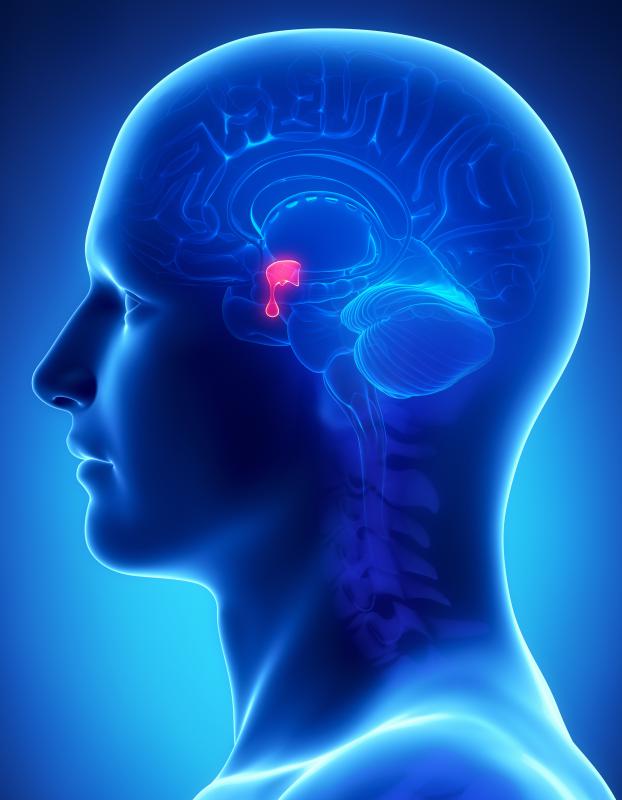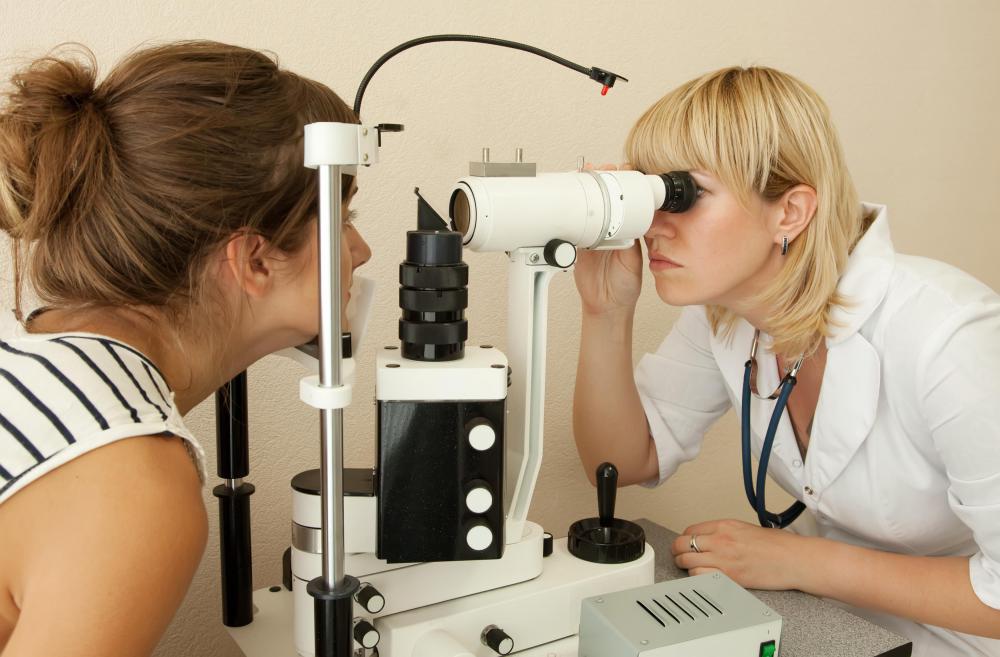At TheHealthBoard, we're committed to delivering accurate, trustworthy information. Our expert-authored content is rigorously fact-checked and sourced from credible authorities. Discover how we uphold the highest standards in providing you with reliable knowledge.
What Is De Morsier Syndrome?
Babies spend their time inside the womb developing their bodies, and sometimes, development issues may cause a child to be born with a congenital medical condition. De Morsier Syndrome is a rare type of this sort of condition, and in this case, children have issues with the development of certain areas of the brain. People with this condition have problems seeing, and may also have intellectual disability and grow to shorter than normal heights. De Morsier Syndrome is commonly known as septo-optic dysplasia.
As of 2011, scientists do not know exactly what causes De Morsier Syndrome, although a minority appear to be a result of faulty genes. Only about one baby in 10,000 is born with this syndrome. The De Morsier name comes from the doctor who identified the symptoms as a specific syndrome. Some scientists think that the syndrome is actually a collection of conditions that, although they share the same symptoms, have a variety of causes.

Three main problems are associated with De Morsier Syndrome. All people who have it have underdeveloped nerves that lead from the eyes to the brain. As these nerves, called optic nerves, normally transmit information from the eyes to the brain to interpret, this means that affected people have vision problems in at least one eye. As well as vision issues, people with the condition may tend to move their eyes from side to side in a manner called nystagmus.

Brain underdevelopment also extends to the support structures of the brain that keep the left and right hemispheres apart. As De Morsier Syndrome is a condition that varies in severity, this may not affect the person's intelligence, but in some cases it does, and the person has an intellectual disability as a result. As well as development of nerves and structures in the brain, a person with De Morsier Syndrome may have an underdeveloped pituitary gland. This gland normally produces several hormones that are important for normal growth and development.

If an individual has an underdeveloped pituitary gland, he or she may have problems growing, and may not reach a height that falls into the normal range for their age. Reproductive development is also part of the role of pituitary hormones, and this too can be affected. Although the syndrome is not curable, treatment is available that can alleviate the symptoms. Optical solutions that can improve vision include eye patches during development, and growth problems can be reduced with hormone treatment.
AS FEATURED ON:
AS FEATURED ON:













Discuss this Article
Post your comments